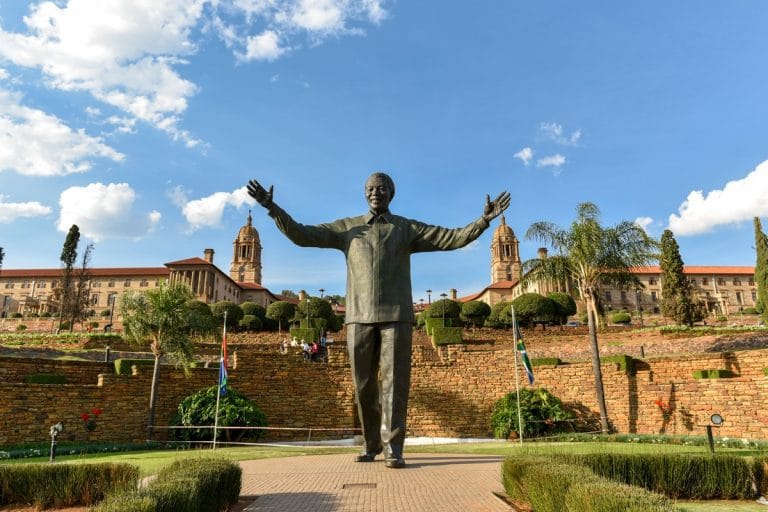🎧 Listen to This Article
The City of Tshwane’s proposed “City Cleansing Levy” might be dressed as a municipal housekeeping fee, but for residents and property owners, it smells more like a backdoor tax. The R185-a-month charge for households and R194.37 for large vacant land parcels has sparked a firestorm, with civil groups calling foul on both legal and moral grounds.
Why it Matters
In a country where municipal mismanagement and service delivery failures are routine headlines, this levy feels less like governance and more like desperation. Residents already pay for waste collection; either through the city or private providers. Now, many face the possibility of paying twice. Civil society group AfriForum has challenged the levy’s legality, citing Section 74(2) of the Municipal Systems Act, which mandates that charges reflect service usage.
The heart of the issue? A broken trust compact between the government and its taxpayers. South Africans are increasingly wary of opaque budgeting and administrative bloat. The silence from Tshwane officials amid public objections only deepens suspicions.
Legal, But Legitimate?
Municipalities do have discretion to impose levies under national legislation. But that authority isn’t a blank cheque. Proportionality and fairness are the bedrock principles; and here, both seem absent. This isn’t the first time local governments have leaned on regressive tactics to plug fiscal holes. From Johannesburg’s controversial property valuation hikes to Cape Town’s electricity surcharge debates, the pattern is familiar: stretched budgets, dwindling grants, and a hungry treasury.
A Wider View: Global Cities, Similar Struggles
Globally, city administrations face rising infrastructure costs and urbanisation pressures. Yet most OECD cities raise revenue through progressive systems tied to actual usage or income. For example, Berlin links municipal charges to household waste output. In Toronto, city levies are itemised and paired with public dashboards showing service levels.
Tshwane, in contrast, proposes a one-size-fits-all charge detached from actual service consumption; a move that weakens fiscal legitimacy.
What Should Be Done?
AfriForum’s counter-proposals aren’t revolutionary, but they are rational: plug revenue leaks through improved collections, fix dysfunctional infrastructure like landfill weighbridges, and penalise illegal dumping. Above all, Tshwane must embrace transparency.
If revenue generation is the goal, why not release a detailed breakdown of how this half-billion rand will be spent? Which areas benefit? Which contractors are involved? Silence only fuels scepticism.
What to Watch:
- Will the City of Tshwane respond substantively to public objections before finalising the budget?
- Possible legal action testing the levy against Section 74(2) of the Municipal Systems Act.
- National Treasury’s stance on municipalities levying non-service-based charges.
- Other metros eyeing similar levies amid financial pressures.
- Public trust in local governance amid worsening affordability crises.
For further details, clarification, contributions, or any concerns regarding this article, please get in touch with us at editorial@tax.news. We value your feedback and are committed to providing accurate and timely information. Please note that our privacy policy will handle all inquiries.



